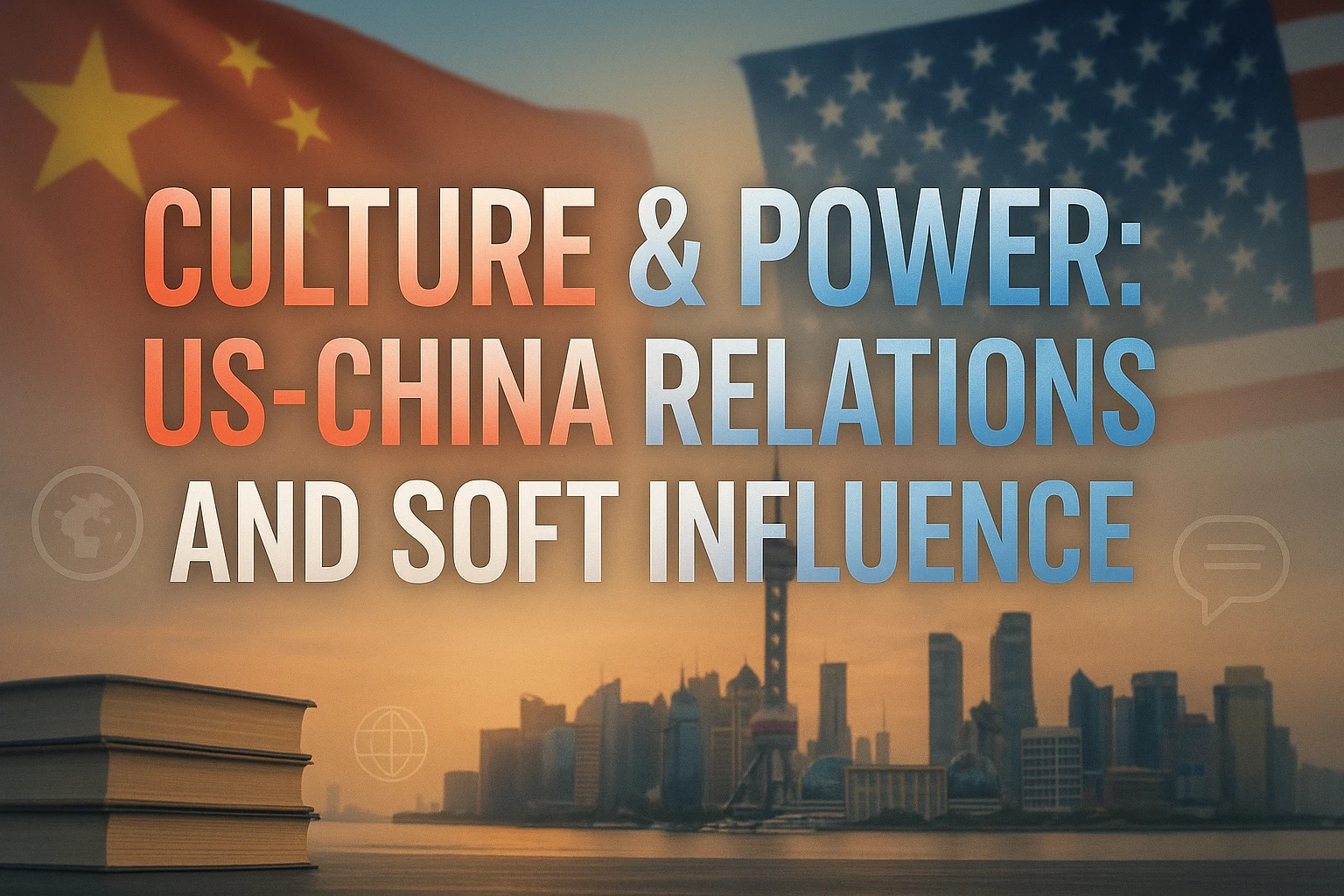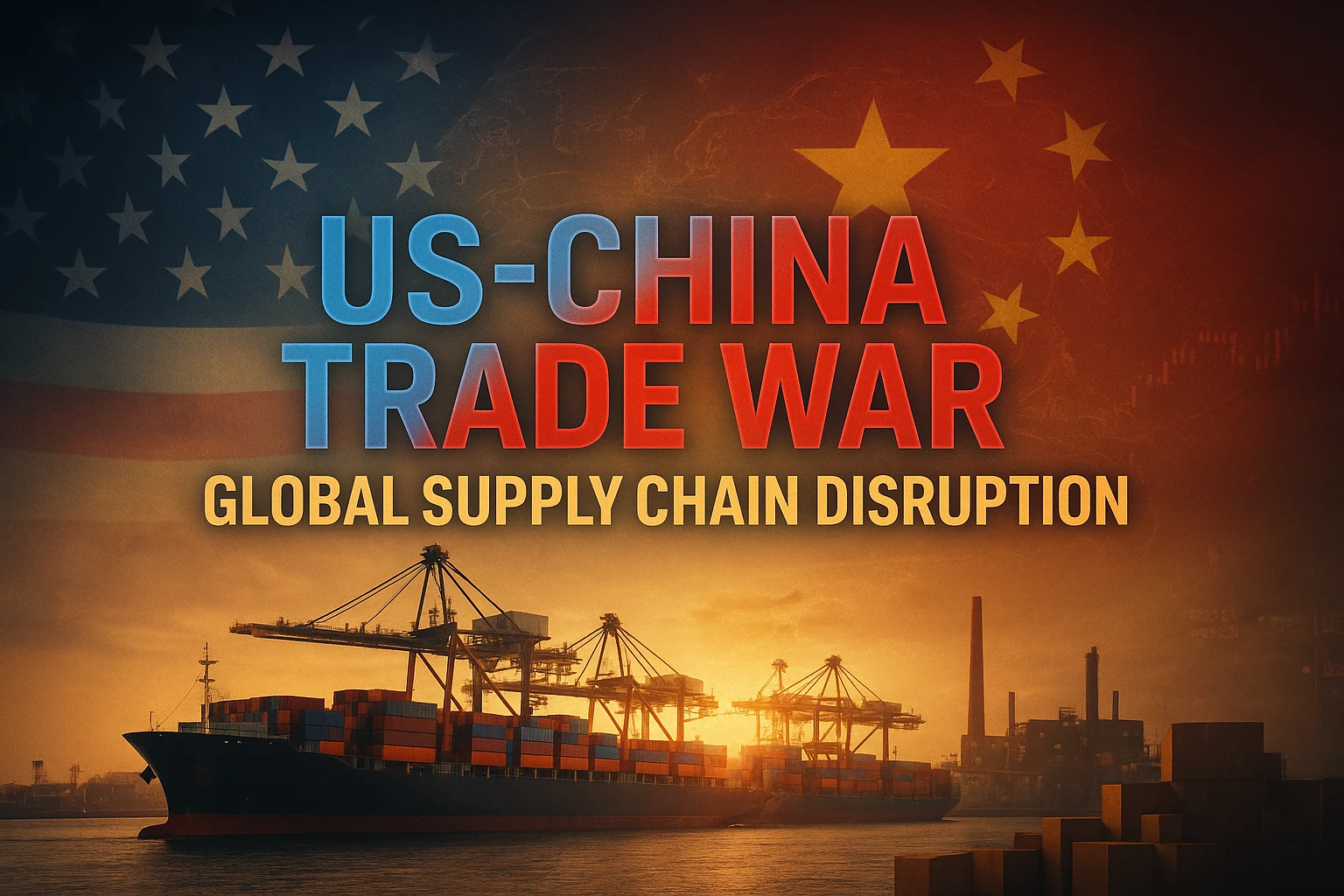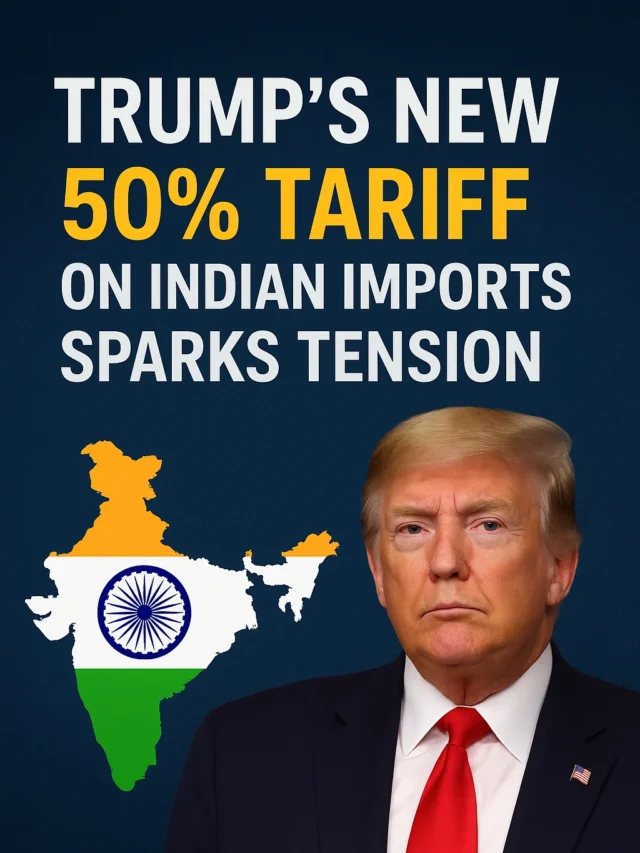In today’s world, power isn’t measured solely by military power or money. The true impact lies in a country’s culture, mindset, and habits. This is called “soft power.” This power is also playing a significant role in the US-China relationship. Now, US-China relations aren’t just about trade or security; the culture, media, and public perception also play a significant role.
Soft influence means exerting influence without exerting pressure. This includes culture, education, media, technology, and international reputation. Both the US and China are active in this area. China has established Confucius Institutes to promote its language and culture to the world. These institutes teach Chinese language, arts, and traditions, while also portraying a positive image of China.
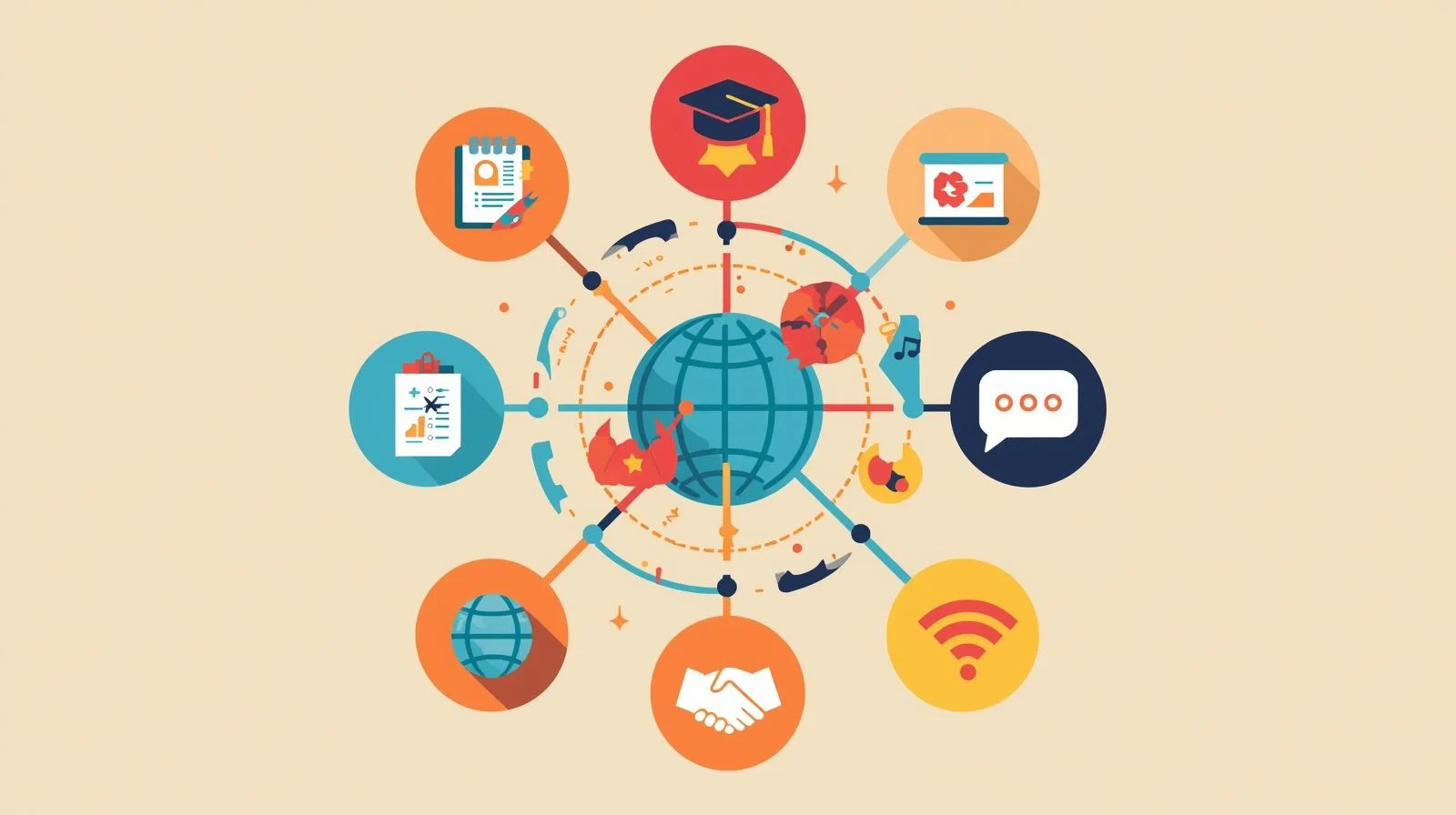
Soft Influence Concept
Soft influence means exerting influence without using pressure, leveraging culture, education, media, and reputation.
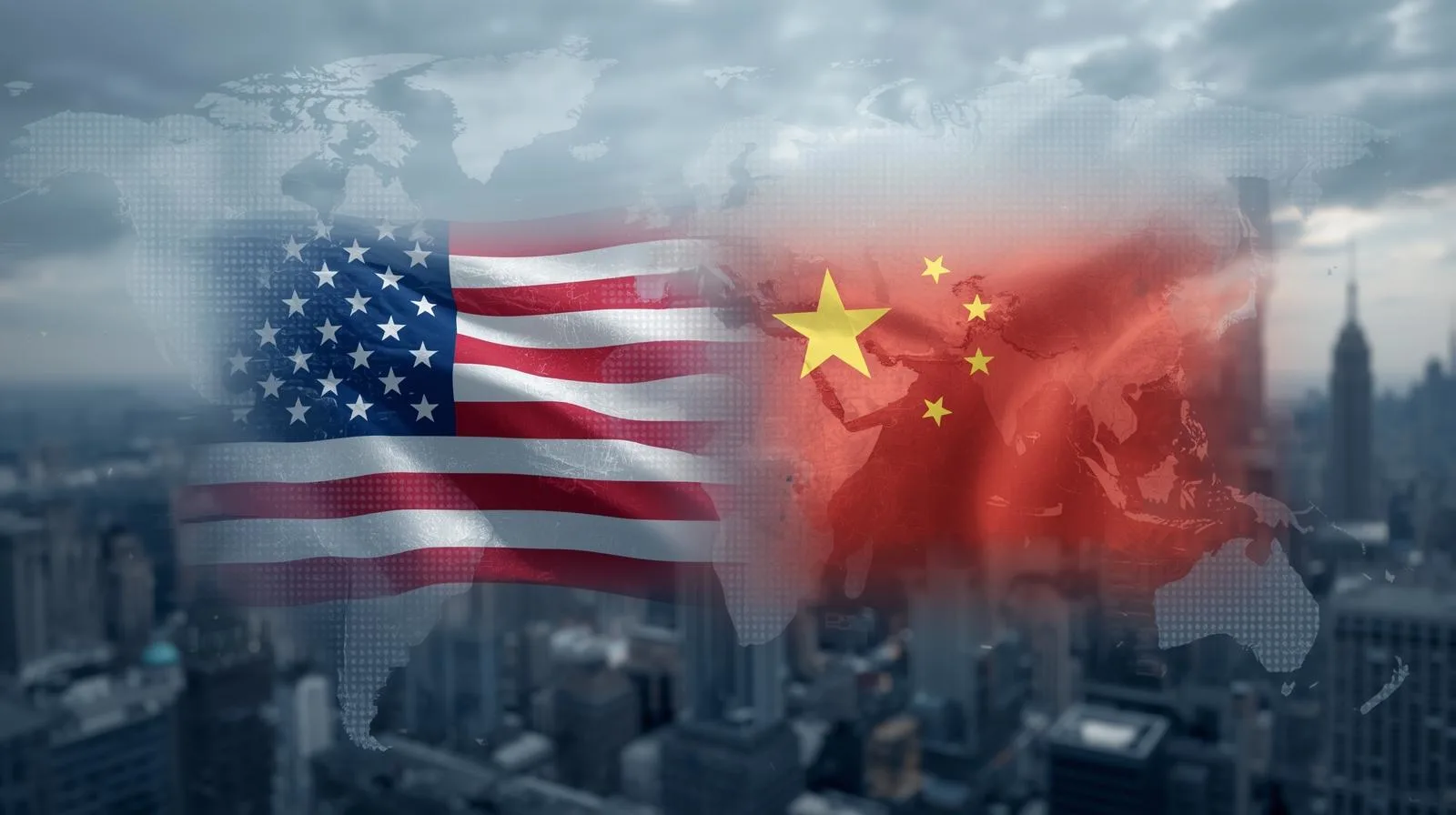
US & China in Soft Power
Both the United States and China actively use soft influence to strengthen their global presence.

China’s Confucius Institutes
China established Confucius Institutes to promote Chinese language, arts, and traditions worldwide.

Promoting Positive Image
These institutes also aim to portray a positive and modern image of China globally.
The US is not far behind. Hollywood films, scholarships at American universities, and technology brands like Apple and Google reflect American thinking and lifestyles. This influences not only the mindset of the Chinese people but also trade and policy.
Education and student exchanges are also crucial in US-China relations. Thousands of Chinese students come to study in the United States every year. American students and researchers learn Chinese culture and language. This paves the way for understanding and dialogue between the two countries, even though there are sometimes political or trade conflicts.
The media also plays a major role in this influence. The United States and China send messages globally through their news channels, films, and digital platforms. For example, China’s CGTN and America’s CNN or Netflix influence public opinion. This influences public perception and politics in US-China relations.
But this influence is not always positive. Sometimes it erodes trust. In the United States, people are wary of China’s Confucius Institutes. In China, there is suspicion of American media and brands. This has a clear impact on trade, technology, and policy in US-China relations.
This competition is only going to intensify in the future. Digital media, new technologies, and youth culture will create new avenues that could further increase the impact. If both countries focus on sensible dialogue and cultural exchange, their relationship can remain strong and balanced.
Finally, US-China relations are not limited to politics and money. Culture, education, and the media also shape this relationship. This is why soft power cannot be ignored today.
Also read:
Crypto Chaos: Bitcoin Drops 20,000 Points — Should You Panic or Buy?
XRP plummeted 40% in a single day! Learn why the market crashed and how it recovered.
What Are the Keys to Building Wealth Through Investments? (A Complete Guide for Smart Investors)


